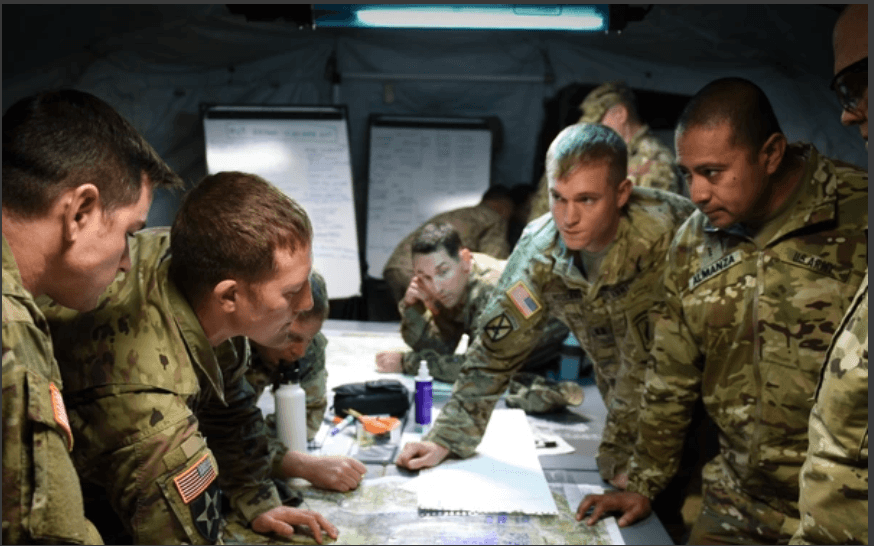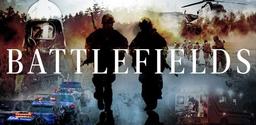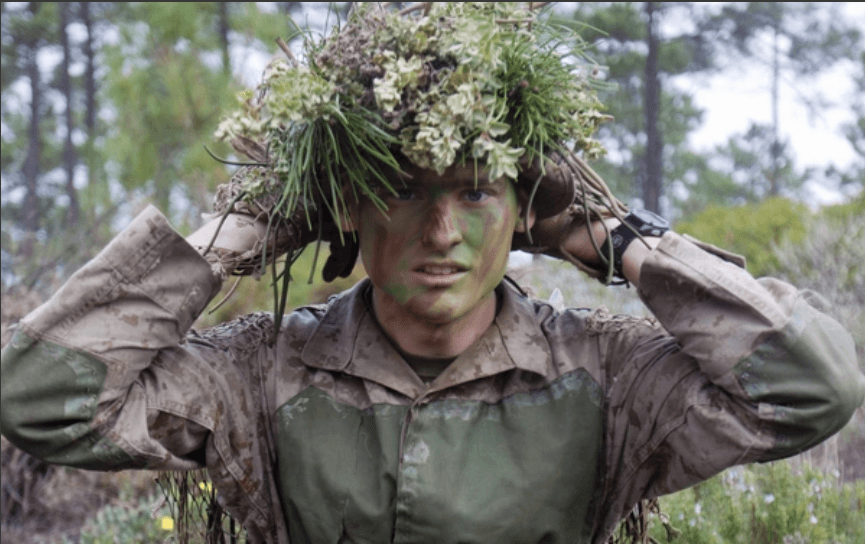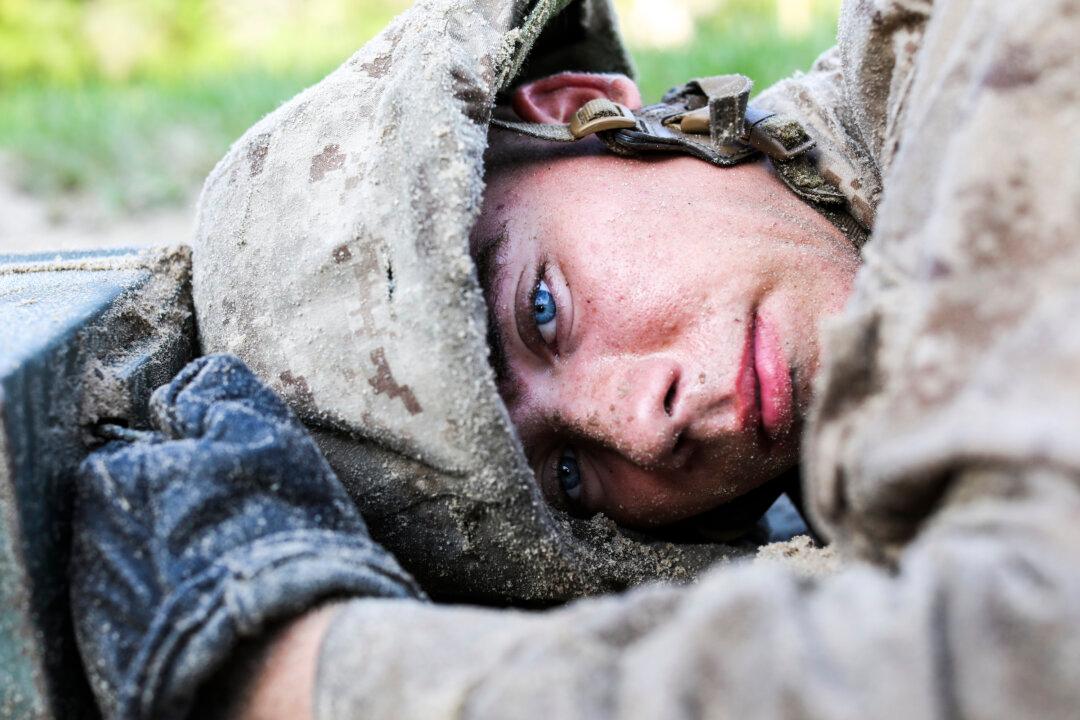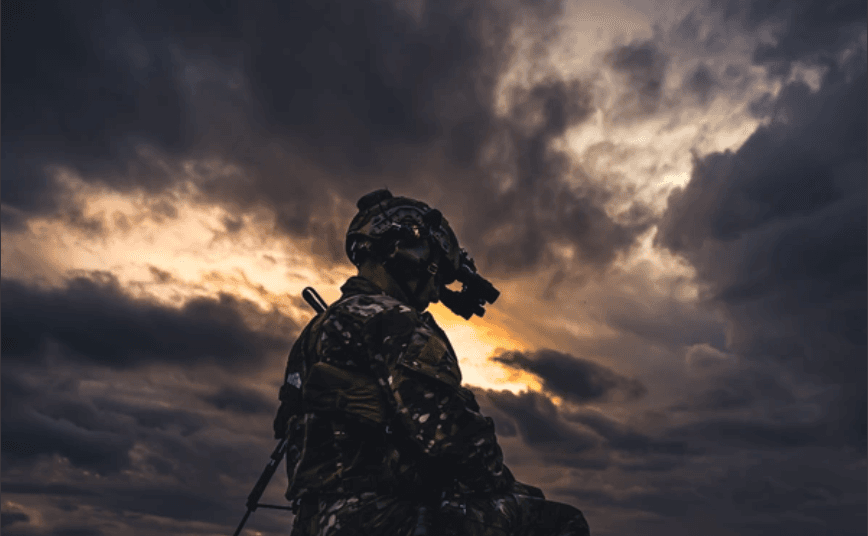Commentary
In a world increasingly driven by benchmarks and comparisons, we often fall into the trap of measuring our worth and success against others. This comparative analysis, far from being a motivator, can actually become a deterrent to genuine progress and personal contentment.
During my time in Special Operations, the focus was never on how we stacked up against others; it was about personal and collective improvement. We had already surpassed the standard norms; our challenge was to continuously elevate our own benchmarks. This approach, rooted in self-comparison, taught me invaluable lessons about growth and satisfaction.
